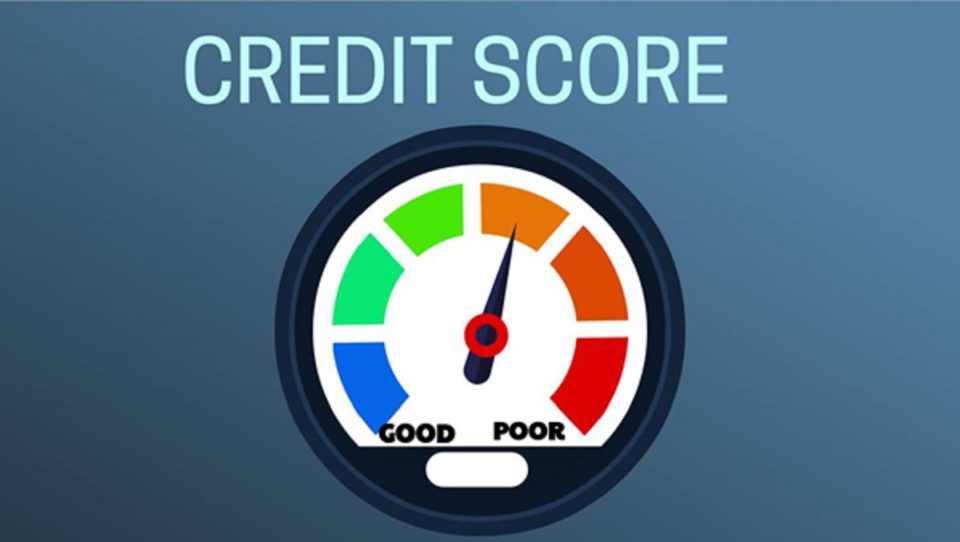Getting a personal loan is one of the significant borrowing options in which we seek to obtain funds for various needs. A collateral-free or unsecured loan, however, requires that the lenders assess the creditworthiness of the borrower. Therefore, one of the primary things any prospective lender would look out for is the loan applicant’s credit score.
The CIBIL score acts as a first impression for the lender. But the loan providing decision still depends completely on the bank or the financial institutions and they may decide not to provide a loan under any other condition. Typically, if we score near 700, our credit score is considered good.
What is CIBIL Score?
A CIBIL score is a three-digit numeric score that’s based on your credit history, report, and rating, and can range from three to nine hundred digits. The better your rating is, the more you score. Having a high CIBIL score is very important, especially when we apply for a loan in India.
A bank or financial institution will first look at our CIBIL score along with reports related to it whenever we apply for a loan. If our CIBIL score is low, it is probable that the bank will not consider giving a loan. Similarly, if our CIBIL score is high, the loan application gets approved easily and the loan providing process runs smoothly.
What do credit history and credit report mean in CIBIL?
A CIBIL takes substantial time to build up, mostly 18 -24 months depending on your credit usage. While applying for a loan, you would first calculate your CIBIL score. Or try to find will you be able to obtain credit? The bank would examine your credit history and create a credit report to evaluate your creditworthiness.
Credit history is a record of a cardholder’s debt payments. A credit report is a record of a cardholder’s credit history obtained from a variety of sources, including banks, credit card companies, and governments. The credit score of a borrower is the consequence of a numerical algorithm that uses financial info to forecast how credit-worthy you are.
Factors Affecting your CIBIL Score
Making late payments
If you have a habit of paying your debts late or delaying any of your payments by default, it impacts your credit score. Many times, we might ignore or forget to pay our credit card bills of loan interest due to emergency reasons. Unfortunately, these failed payments may present you as an irresponsible person while handling finances. This reduces your CIBIL score eventually.
The credit limit is being used to the fullest extent possible
Banks determine a credit limit for loan applicants depending on their income and debt-service ratio. The loan amount specifies how much funds they may invest in repaying after taking into account all other obligations. If you use upwards of half of your available credit on a frequent basis, your credit score may suffer. It indicates that you are inept at handling funds and expenses. To sustain a healthy credit score, ensure that your spending does not exceed 50% of your credit limit.
Various Credit Applications
Your cash needs may have been urgent and you may have requested loans from several lenders in a short period of time. This would present you as someone who is in severe need of funds. If one of these lenders makes a query request to a credit rating agency, the inquiry is reflected in your credit report, reducing your score. Various applications and inquiries indicate that you are desperate for credit; nevertheless, they also indicate that you may be unable to repay if a loan is approved.
A few additional elements that are evaluated to calculate the CIBIL score include the trend of outstanding balances, the ratio of repayment to the outstanding balance, credit card transaction history, and the accounts that started and closed over time. A person applying must first have access to their credit history in order to determine whether he/she has a decent probability of obtaining financial assistance. If your credit score is poor, strive to increase it before applying for credit with a lender. To maintain your score, avoid the circumstances listed above.
How can you maintain a high CIBIL score?
- Pay all-out outstanding bills and EMI on time to develop a proper track history.
- Choose loan tenure with a high longevity and make part prepayments whenever possible.
- Avoid carrying a credit card that is of no use to you. You can cancel the ones not being used for a long time.
- Never make multiple loan applications in a short period.
- Manage credit card payments carefully. Alternately, you can set an alert on your mobile phone that reminds you of the limit you can use or upcoming due dates.
How can you get a loan even after having a low CIBIL score?
Apply in a non-bank institution
Non-banking financial companies may ask you for a good CIBIL score, they may comparatively have a simple eligibility criterion. This may help you in getting finds quickly without putting in much effort.
Apply with a co-signer or a guarantee
If you add a guarantee or a co-signer while applying for a loan, it distributes the repayment responsibility between you and the co-borrower. If the co-borrower has a good CIBIL score, you can in fact apply for a larger loan amount.
Apply for a secured loan
When the loan is unsecured, the banks become stricter and cross-examine every criterion very stringently. They select or reject the borrowers after evaluating many elements. But, if you apply for a secured loan with collateral, getting a loan even with a low CIBIL score becomes apparent.
Get proofs concerning financial backing
If you have a low CIBIL score, the lender may not show faith in you concerning loan repayment. Here, you can submit pieces of evidence stating the financial ability you have. For example, bank account statements, FDs, rent income, etc.
